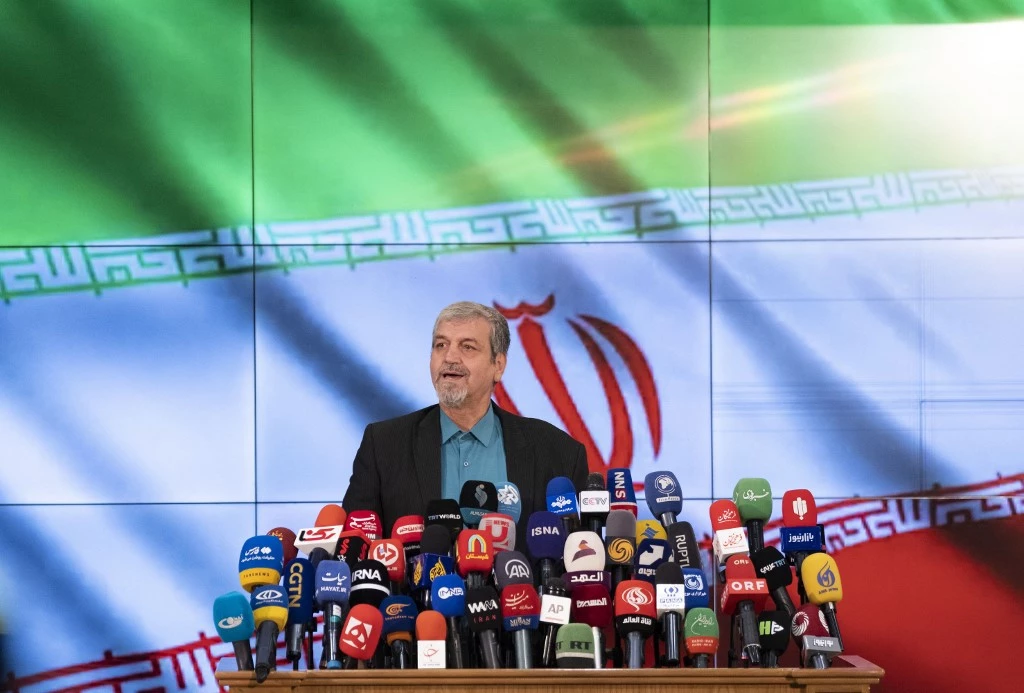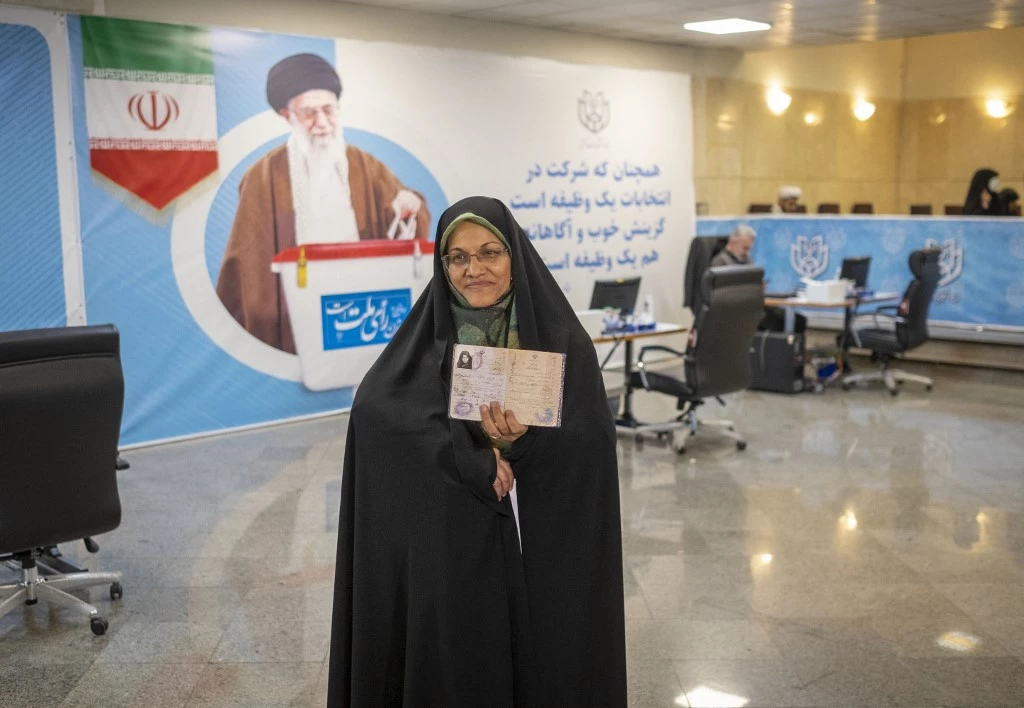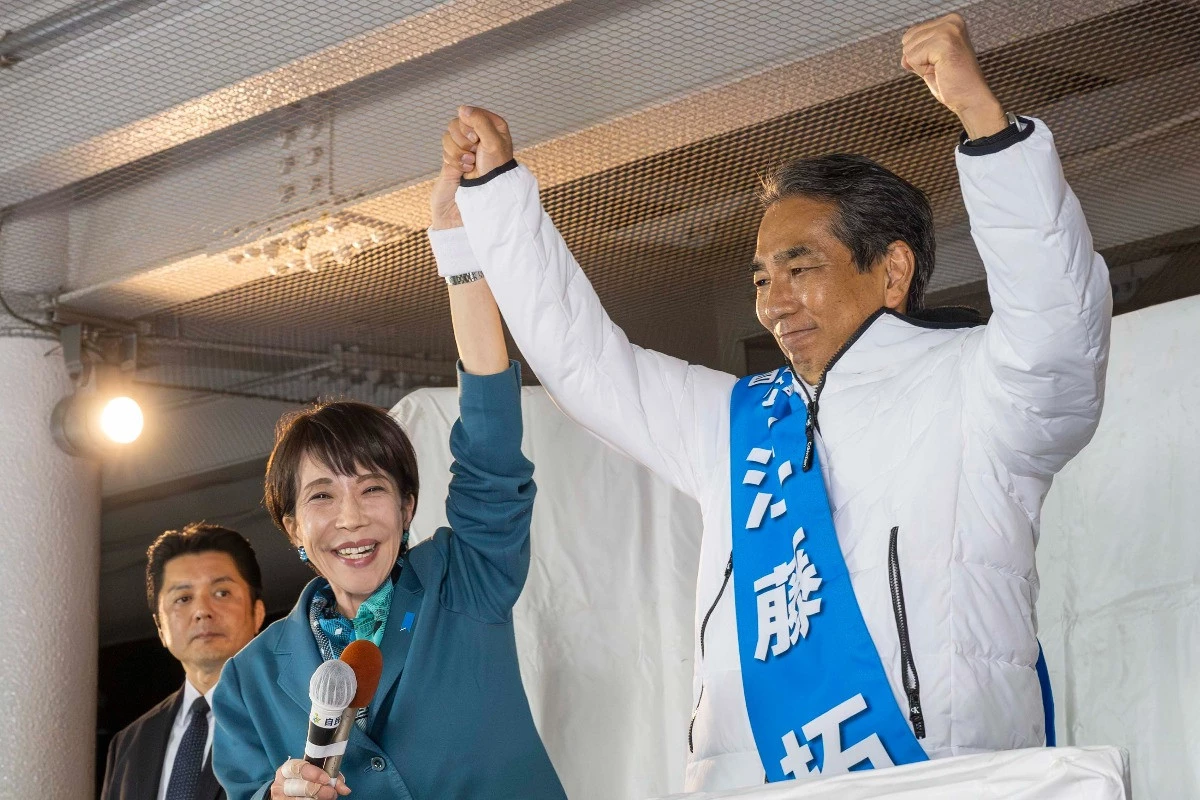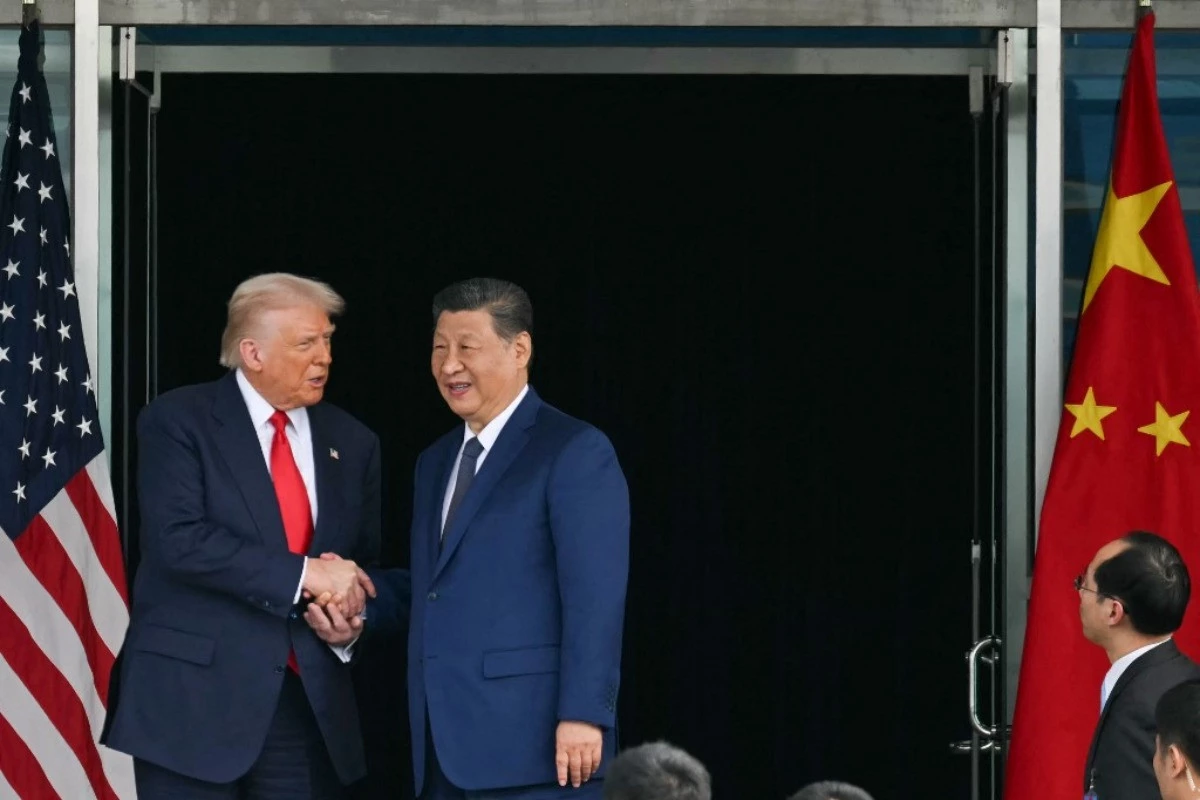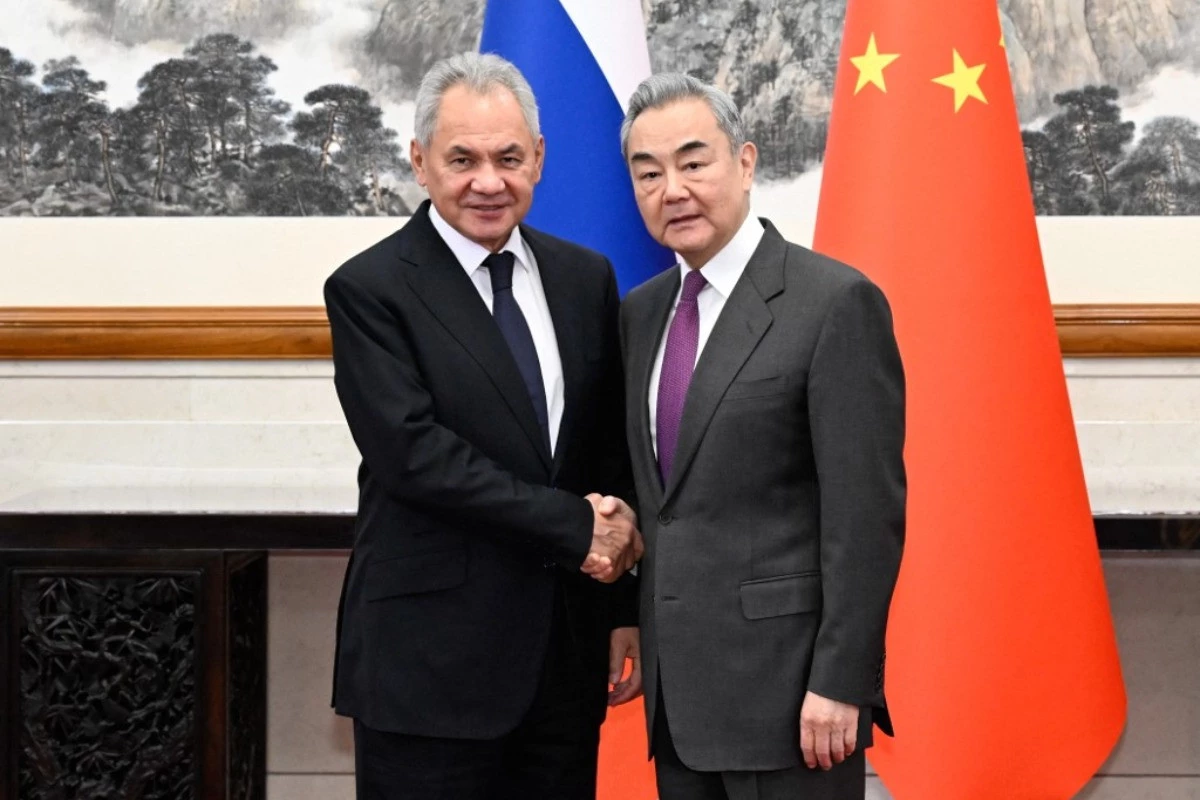Possible candidates
Iranian state television reported that “about 30” have officially nominated themselves, but so far ‘none of them have met the basic criteria for qualification’.
According to the sources, former Reform Party MP Mostafa Kavakebian and incumbent conservative MP Mohammadreza Sabbaghian have submitted their applications to the ministry. Interestingly, a female candidate, Zohreh Elahian, has also nominated herself.
Later, state television showed how the former deputy foreign minister and nuclear negotiator Saeed Jalili, who is known for his rigid negotiating stance, also registered. Jalili, a 58-year-old ultra-conservative, strongly condemned the 2015 nuclear deal with world powers. He said it “violated the Islamic Republic’s red lines” by accepting “unusual inspections” of nuclear facilities.
As in previous election cycles, the main candidates from Iran’s leading political camps are expected to submit their candidacies towards the end of the registration process. The elections in June are taking place at an extremely turbulent time. After the war between Hamas and Israel that broke out on October 7 last year, a chaotic situation arose in the Middle East and even Iran launched drones and missiles towards Israel.
